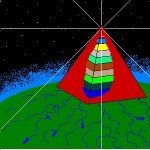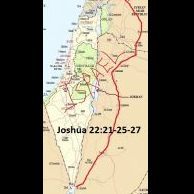IGNORED
The REAL reason for the parables about the Kingdom
-
Recently Browsing 0 members
- No registered users viewing this page.
-
Similar Content
-
- 6 replies
- 267 views
-
Bible's King David's story somewhat repeats itself in during Queen Elizabeth II's monarchy's reign
By bartmac123,
- 3 replies
- 646 views
-
Why did Jesus say "I will not drink of the fruit of the vine, until the day that I drink it new in the kingdom of God."? 1 2
By Jesussaves1111,
- 14 replies
- 1,600 views
-
- 1,775 replies
- 60,535 views
-
- 0 replies
- 267 views
-






Recommended Posts